This morning, the 47th ASEAN Summit and related conferences opened in Kuala Lumpur, Malaysia, with the participation of more than 30 leaders from ASEAN member countries, and partners such as China, Japan, South Korea, New Zealand, Australia, the US, Canada, etc.
Prime Minister Pham Minh Chinh led the Vietnamese delegation to attend the conference.
Malaysian Prime Minister Anwar Ibrahim welcomed leaders of ASEAN countries and ASEAN partner countries and organizations including: Sultan of Brunei; Presidents of Indonesia, Philippines, Timor Leste, Brazil, South Africa; Prime Ministers of Thailand, Singapore, Cambodia, Laos, Vietnam, Canada; President of the European Council, Secretary General of the United Nations.
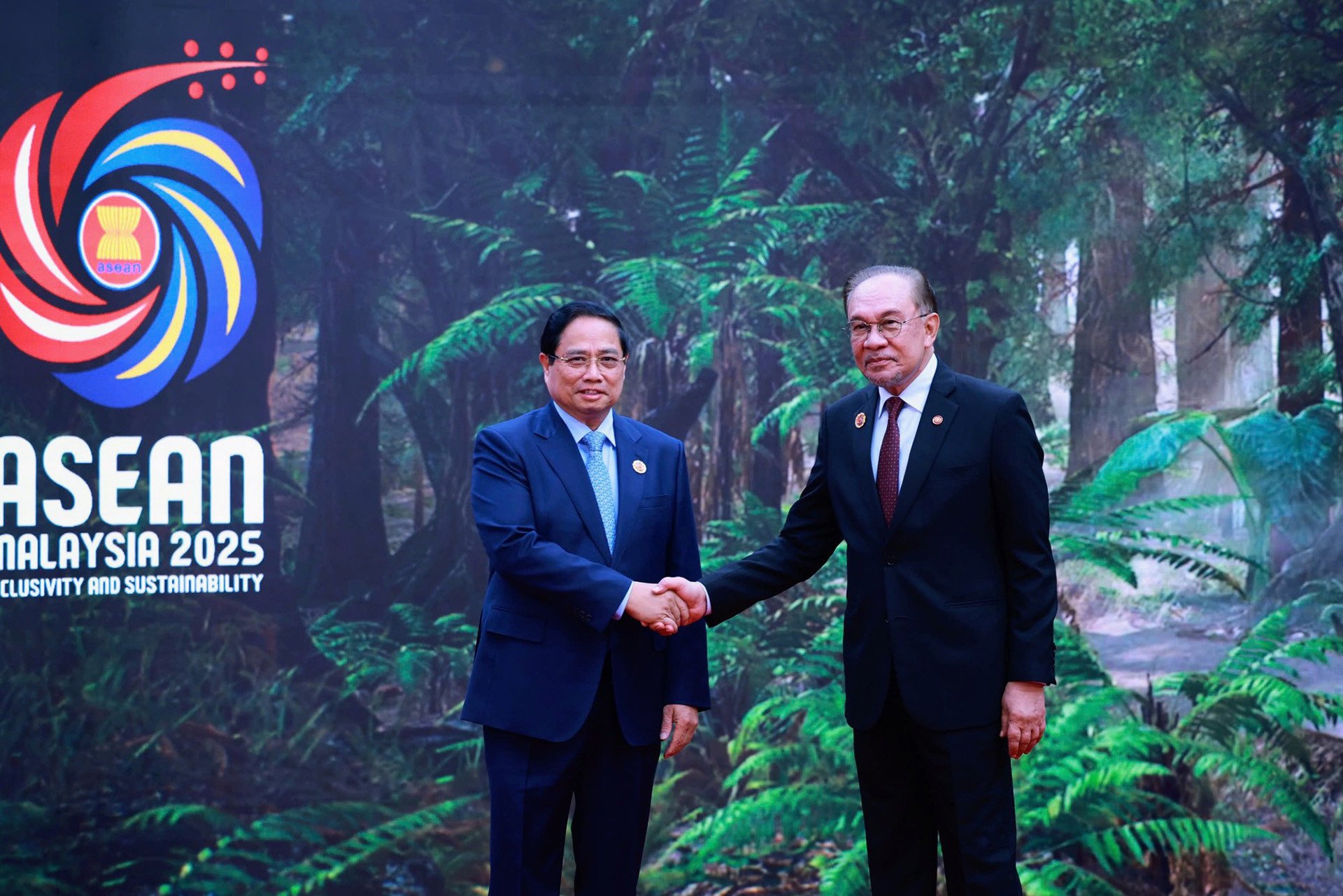
This morning, ASEAN leaders signed a declaration admitting Timor Leste as the 11th member of ASEAN, symbolizing the unity and expansion of the bloc. Timor Leste has officially joined and become the 11th member country of ASEAN.
Malaysian Prime Minister Anwar Ibrahim, ASEAN Chairman, affirmed that Timor Leste's admission gives new meaning to the bloc's vision, representing the long-term goal of building a peaceful , stable, inclusive and prosperous regional community.
He said the position “completes the ASEAN family, reaffirms our common destiny and deep sense of regional solidarity”, and stressed that “Timor Leste’s development and strategic autonomy will receive firm and lasting support”.
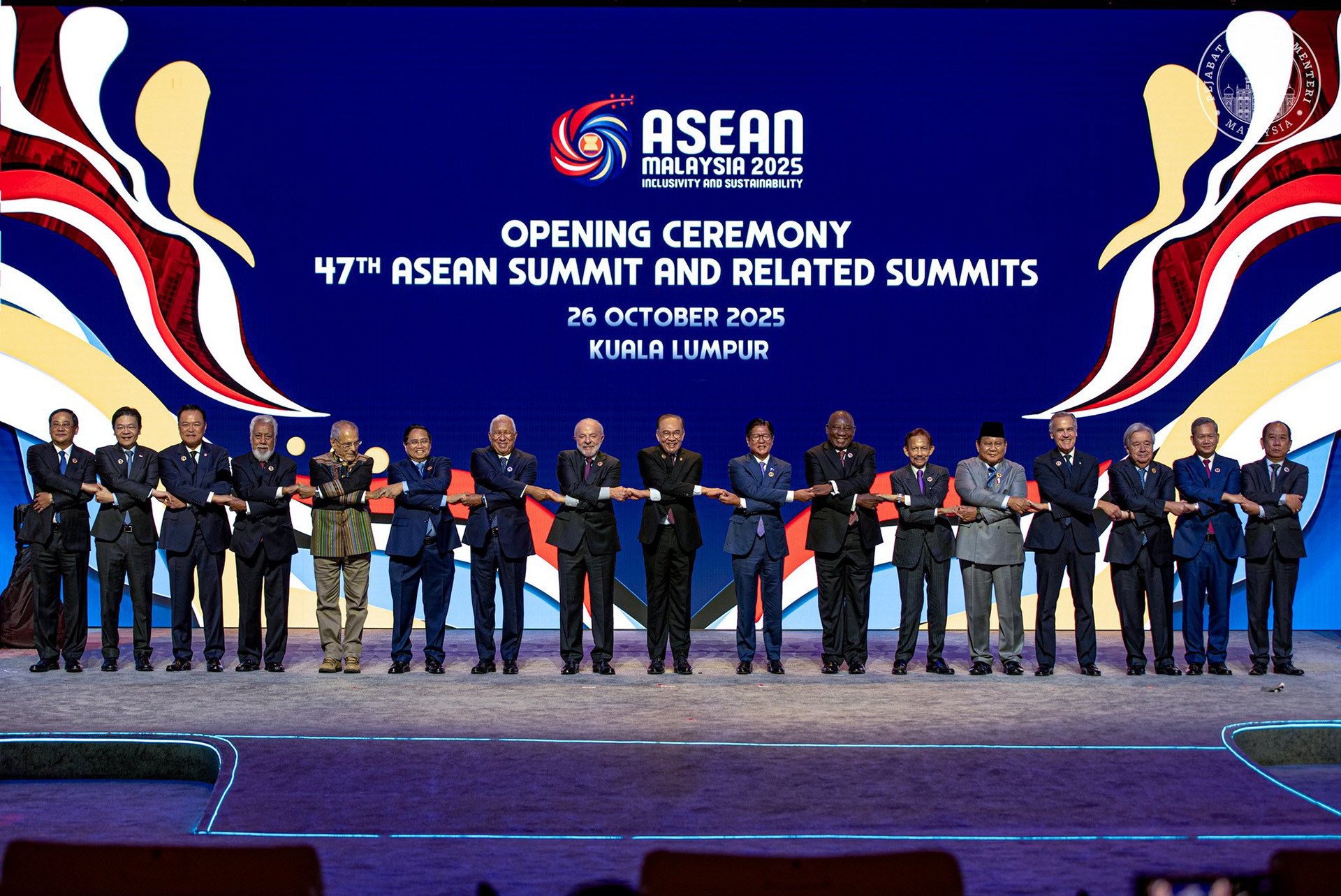
In the coming days, leaders will attend the ASEAN+3 Summit (APT), the East Asia Summit (EAS) and a series of ASEAN+1 meetings with major partners, including the United Nations.

ASEAN is a family, each country is stronger, the whole bloc is stronger.
Also this morning, Prime Minister Pham Minh Chinh attended a high-level dialogue within the framework of the ASEAN Business and Investment Summit.
With the theme "Unified Market - Towards Common Prosperity", this is the largest business forum on the sidelines of the ASEAN Summit and also one of the largest business forums in Asia this year.
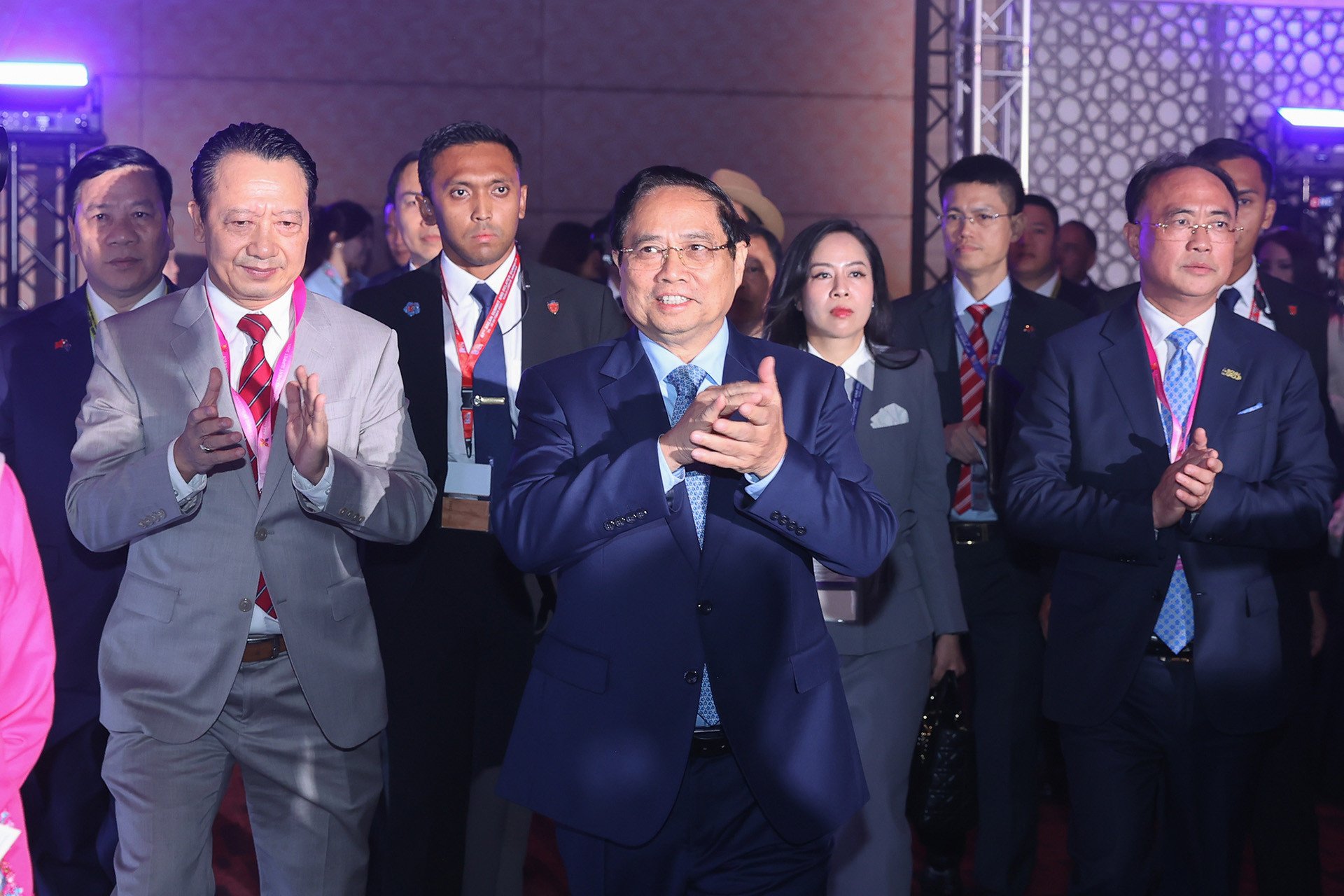
Prime Minister Pham Minh Chinh discussed Vietnam's economic policies and priorities, as well as the Government's strategies to maintain growth amid global uncertainties; innovation and digitalization, how Vietnam leverages technology to enhance competitiveness and prepare its workforce for the digital economy; and Vietnam's role as a leading manufacturing hub.
The Prime Minister said that over the past years, despite many difficulties, the world economy's growth slowing down, multilateralism facing many challenges, and supply chains being broken, Vietnam has still maintained economic growth, while stabilizing the macro-economy, controlling inflation, and ensuring major balances of the economy.
The Prime Minister stated that Vietnam's very important orientation is to continue promoting growth drivers, including renewing traditional drivers including investment, export, consumption and promoting new growth drivers.
Accordingly, Vietnam uses public investment to lead private investment in the spirit of "a creative state, pioneering enterprises, public and private cooperation, a prosperous country, happy people". At the same time, it promotes exports, diversifies markets, products and supply chains; promotes domestic consumption with a population of over 100 million people and effectively exploits the 17 free trade agreements that Vietnam has signed.
Along with that, Vietnam promotes new growth drivers such as green economy, digital economy, circular economic growth, sharing economy, creative economy... Vietnam determines that growth must be fast but sustainable and inclusive, that is the consistent ideology; balancing between promoting self-reliance and deep, substantive and effective international integration.
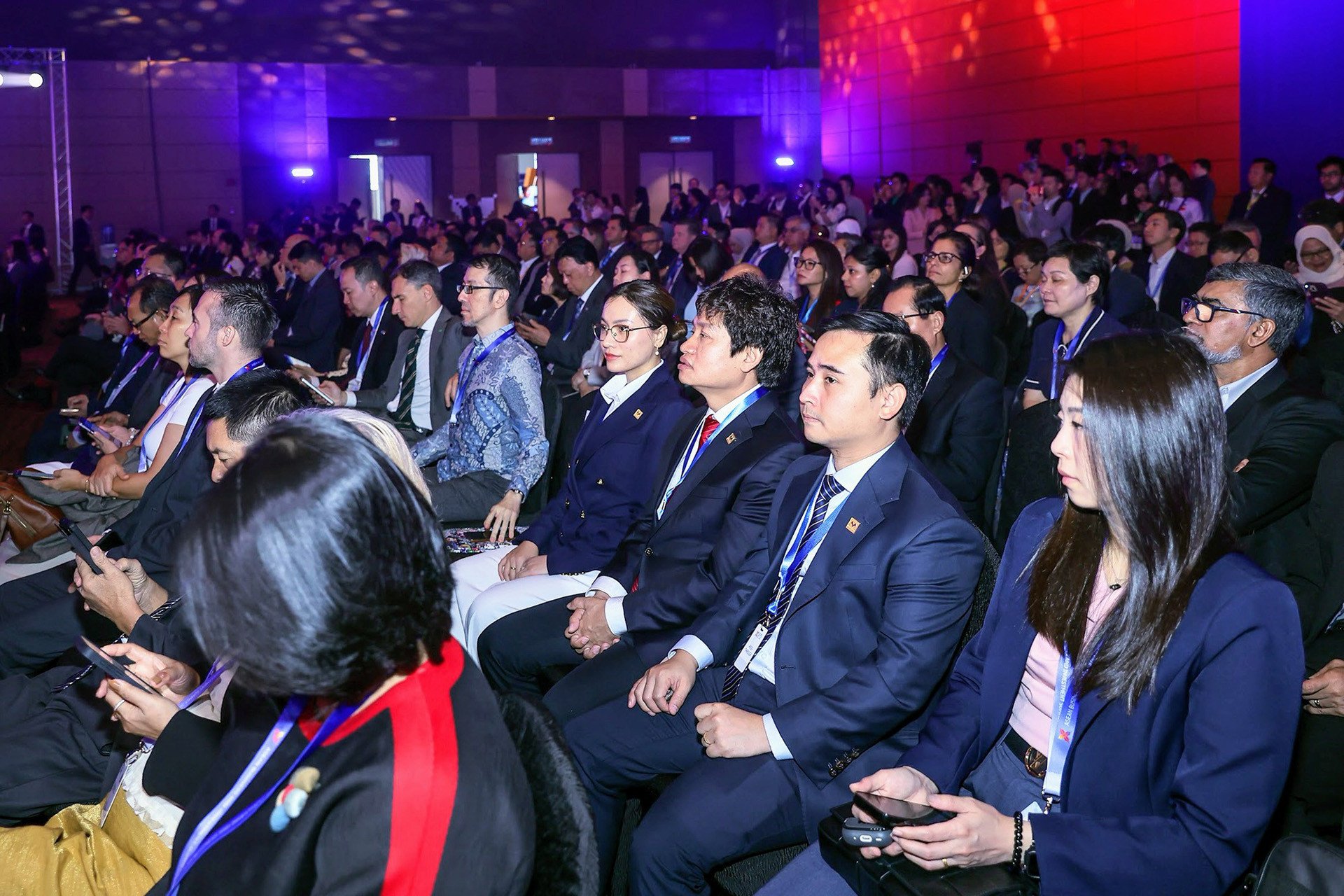
Vietnam identifies digital transformation as an objective requirement, a strategic choice, and a top priority, both in thinking and in action. Digital transformation plays a very important role in society as well as in economic development, especially in economic connection between countries, connecting people, connecting businesses, connecting regions, and between cultures.
In digital transformation, Vietnam prioritizes the development of artificial intelligence, semiconductor chips; e-commerce, logistics; digital transformation of services in healthcare, education, culture, human exchange, and tourism.
According to the Prime Minister, digital transformation must create movements and trends, and building a digital government, developing a digital society and digital economy requires digital human resources and digital citizens.
The Prime Minister said that what makes the world admire ASEAN is the principle of solidarity and unity in diversity, the spirit of self-reliance, the role of a growth focal point, the goal of inclusive development, placing people at the center, the subject, the resource and the driving force of development.
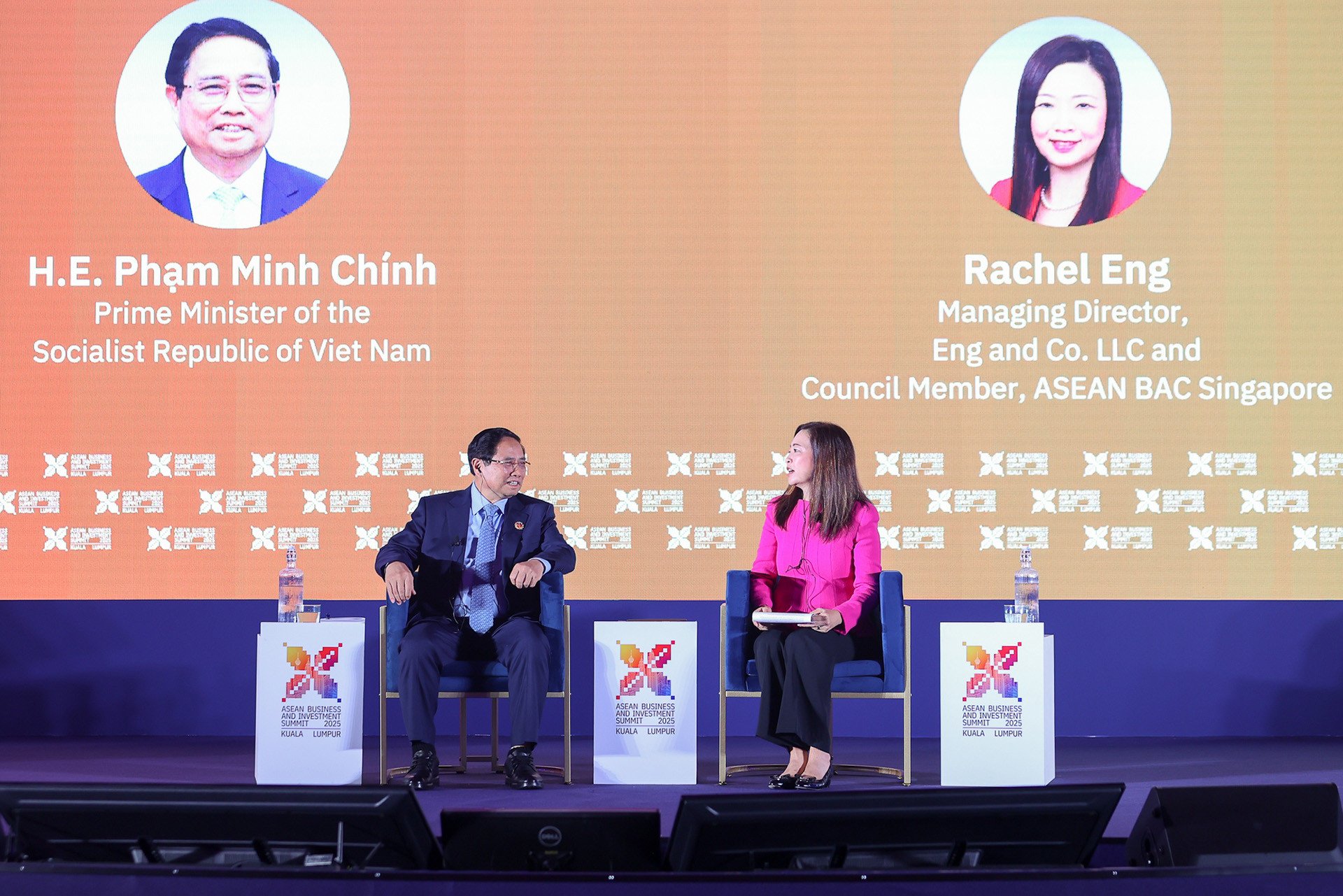
Therefore, we must continue to promote ASEAN's central role, place ASEAN's role in the world as a whole, and then, based on ASEAN's specific conditions, determine policies, visions, actions and coordination between economies in a manner appropriate to the actual situation.
When the global supply chain is broken, ASEAN countries must strengthen the connection of the intra-bloc supply chain. Or when the policies of foreign countries cause impacts and influences, ASEAN countries must improve their self-reliance, support, and increase the opening of their economies to compensate for the impacts and damages.
Regarding Vietnam's role in ASEAN, the Prime Minister shared, "We are an ASEAN community, an ASEAN family, so when each country is stronger, our whole bloc is stronger. And vice versa, when our ASEAN bloc is stronger, each country benefits from the strength of the bloc."
Source: https://vietnamnet.vn/timor-leste-tro-thanh-thanh-vien-thu-11-cua-gia-dinh-asean-2456457.html


![[Photo] National Assembly Chairman Tran Thanh Man receives Chairman of the House of Representatives of Uzbekistan Nuriddin Ismoilov](https://vphoto.vietnam.vn/thumb/1200x675/vietnam/resource/IMAGE/2025/10/27/1761542647910_bnd-2610-jpg.webp)
![[Photo] The 5th Patriotic Emulation Congress of the Central Inspection Commission](https://vphoto.vietnam.vn/thumb/1200x675/vietnam/resource/IMAGE/2025/10/27/1761566862838_ndo_br_1-1858-jpg.webp)

![[Photo] Party Committees of Central Party agencies summarize the implementation of Resolution No. 18-NQ/TW and the direction of the Party Congress](https://vphoto.vietnam.vn/thumb/1200x675/vietnam/resource/IMAGE/2025/10/27/1761545645968_ndo_br_1-jpg.webp)


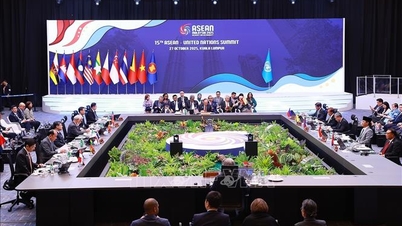


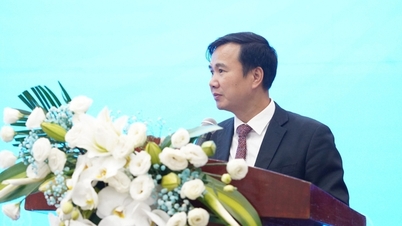

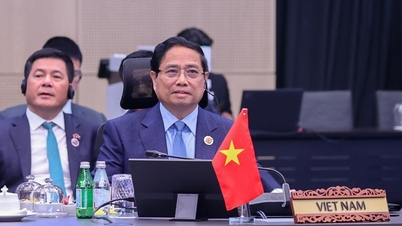

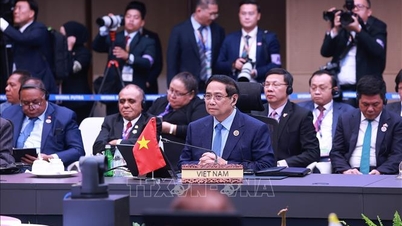
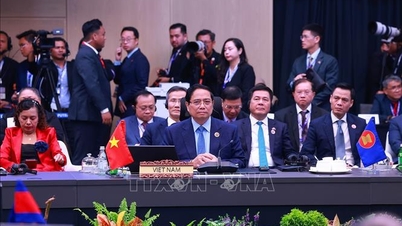
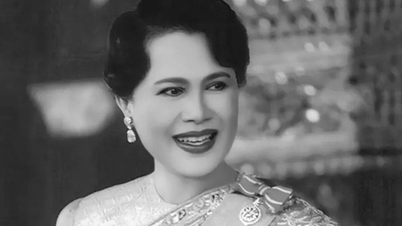
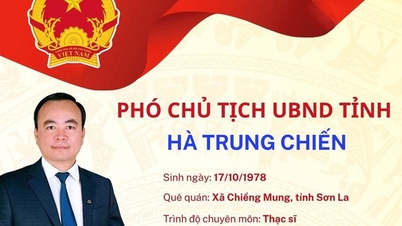
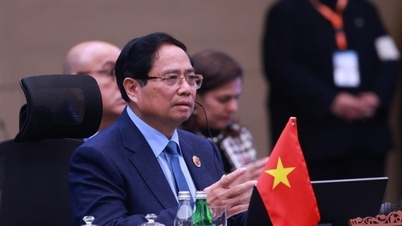

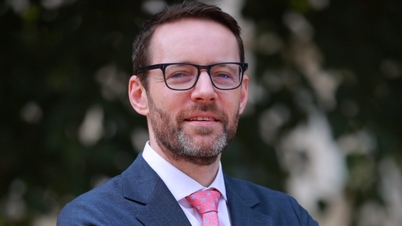
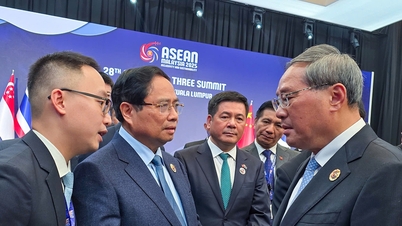
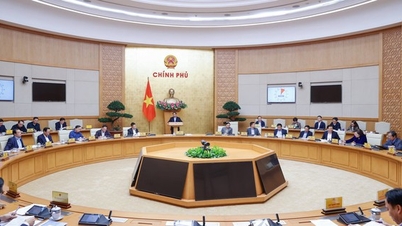




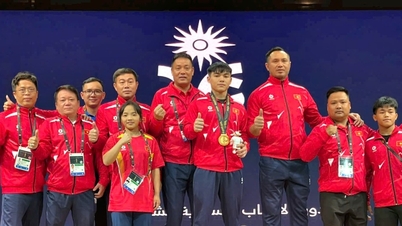
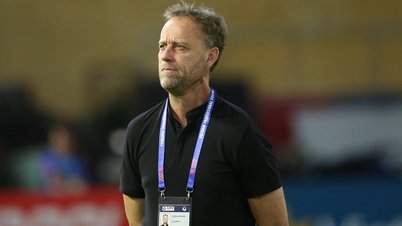



























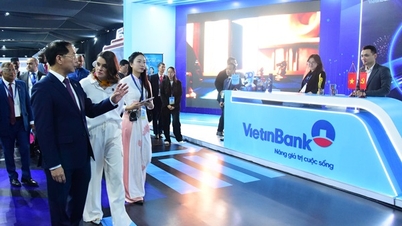













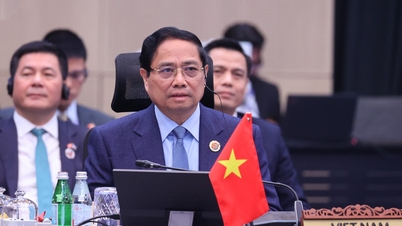








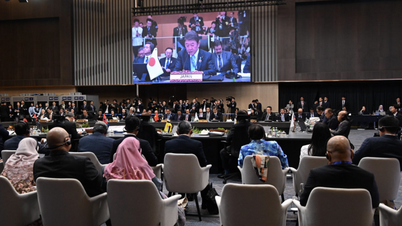

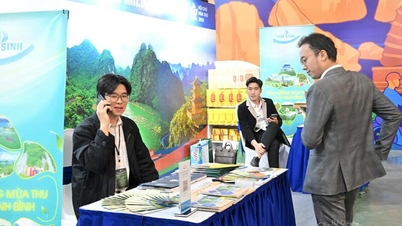
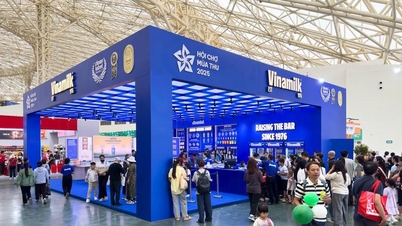
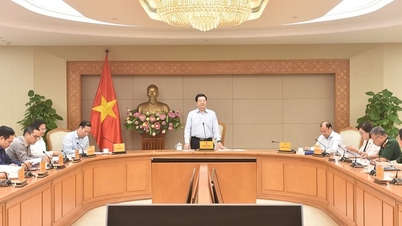

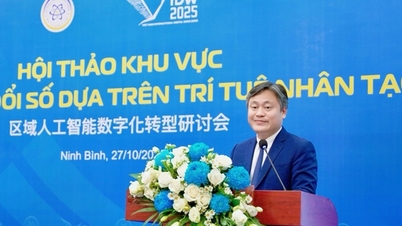
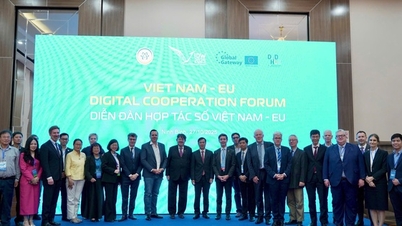
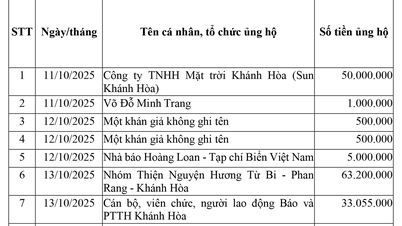

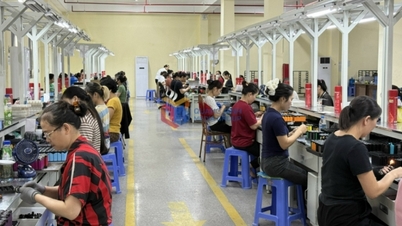

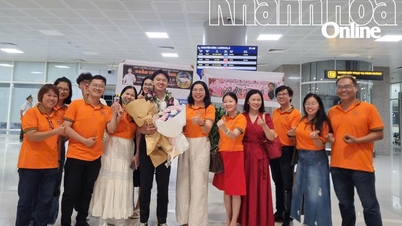


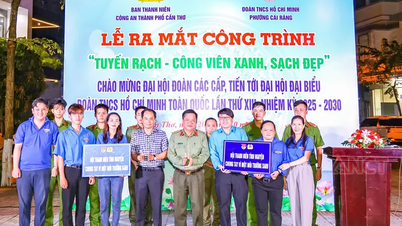
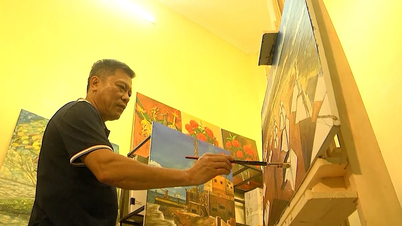

















Comment (0)